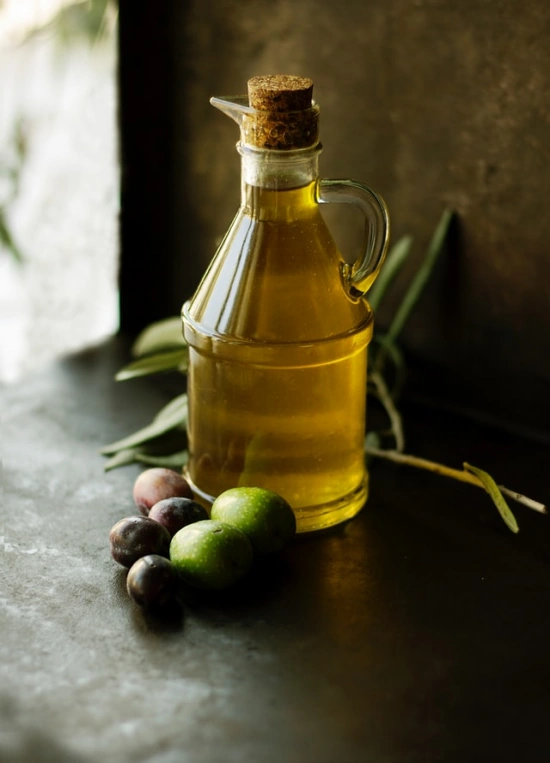1
Môi-se nhóm hết hội chúng Y-sơ-ra-ên lại mà nói rằng: Ðây là các việc của Ðức Giê-hô-va đã phán dạy làm:
2
Người ta sẽ làm công việc trong sáu ngày, nhưng đến ngày thứ bảy sẽ là một lễ thánh, tức là ngày sa-bát biệt riêng ra thánh cho Ðức Giê-hô-va. Ai làm công việc trong ngày đó sẽ bị xử tử.
3
Nhằm ngày sa-bát chớ nổi lửa trong nhà nào của các ngươi hết.
4
Môi-se nói cùng cả hội chúng Y-sơ-ra-ên rằng: Ðây là các lời Ðức Giê-hô-va đã phán dặn:
5
Hãy lấy một lễ vật chi ở nhà các ngươi mà dâng cho Ðức Giê-hô-va. Hễ người nào có lòng thành dâng cho, hãy đem lễ vật cho Ðức Giê-hô-va: vàng, bạc và đồng;
6
chỉ tím, đỏ điều, đỏ sặm, vải gai mịn, lông dê,
7
da chiên đực nhuộm đỏ, da cá nược, cây si-tim,
8
dầu thắp, các thứ hương liệu đặng chế dầu xức và hương thơm,
9
bích ngọc, và các thứ ngọc khác để dùng khảm cho ê-phót và bảng đeo ngực.
10
Trong vòng các ngươi mấy người khôn ngoan hơn hết hãy đến làm mọi điều Ðức Giê-hô-va đã phán dặn;
11
đền tạm, trại và bong của đền tạm, móc, ván, xà ngang, trụ và lỗ trụ;
12
hòm bảng chứng và đòn khiêng, nắp thi ân cùng màn che nơi chí thánh;
13
cài bàn và đòn khiêng, các đồ phụ tùng của bàn cùng bánh trần thiết;
14
chân đèn, đồ phụ tùng, các đèn và dầu thắp đèn;
15
bàn thờ xông hương cùng đòn khiêng; dầu xức, hương liệu, và bức màn cửa đền tạm;
16
bàn thờ dâng của lễ thiêu và rá đồng; đòn khiêng và các đồ phụ tùng của bàn thờ; cái thùng và chân thùng;
17
bố vi che hành lang, trụ, lỗ trụ, và bức màn của cửa hành lang;
18
các nọc của đền tạm, cùng nọc và dây của hành lang;
19
bộ áo lễ dùng về công việc trong nơi thánh; bộ áo thánh cho A-rôn, thầy tế lễ cả, và bộ áo cho các con trai người đặng làm chức tế lễ.
20
Cả hội chúng Y-sơ-ra-ên bèn lui ra khỏi mặt Môi-se.
21
Mọi người có lòng cảm động, và mọi người có lòng thành, đều đem lễ vật đến dâng cho Ðức Giê-hô-va, để làm công việc hội mạc, các đồ phụ tùng và bộ áo thánh.
22
Phàm người nam cùng nữ, tức mọi kẻ có lòng thành, đều đến đem những hoa tai, nhẫn, khâu, kiềng, các thứ trang sức bằng vàng và hết thảy đều dâng lễ vật bằng vàng cho Ðức Giê-hô-va.
23
Kẻ nào ở nhà mình có chỉ tím, đỏ điều, đỏ sặm, vải gai mịn, lông dê, da chiên đực nhuộm đỏ, và da cá nược đều đem đến.
24
Hễ ai có chi làm lễ vật bằng bạc hay bằng đồng, đều đem dâng cho Ðức Giê-hô-va, và hễ ai có cây si-tim nơi nhà mình dùng hiệp về các công việc tế lễ, đều đem đến.
25
Phàm người đàn bà khéo thì chánh tay mình kéo chỉ lấy và đem đến món chi họ đã kéo rồi, chỉ tím, đỏ điều, đỏ sặm, và chỉ gai mịn.
26
Còn mấy người đàn bà có cảm động và tài khéo thì kéo chỉ lông dê.
27
Các bực tôn trưởng trong dân sự đem bích ngọc và các thứ ngọc khác để khảm cho ê-phót và bảng đeo ngực;
28
dầu thắp đèn, các hương liệu để chế dầu xức và dầu thơm.
29
Cả dân Y-sơ-ra-ên, nam hay nữ, phàm ai có lòng cảm động xui cho mình tình nguyện quyên vào các công việc Ðức Giê-hô-va đã phán dặn nơi Môi-se, đều đem dâng cho Ðức Giê-hô-va các lễ tình nguyện vậy.
30
Môi-se nói cùng dân Y-sơ-ra-ên rằng: Nầy Ðức Giê-hô-va đã kêu danh Bết-sa-lê-ên, con trai của U-ri, cháu của Hu-rơ, trong chi phái Giu-đa.
31
Ngài phú cho người đầy dẫy Thần của Ðức Chúa Trời, sự khôn ngoan, sự thông sáng, và sự hiểu biết, để làm mọi thứ nghề thợ,
32
đặng bày ra và làm đồ vàng, bạc và đồng,
33
đặng khắc và khảm các thứ ngọc, đặng chạm cây làm các đồ khéo léo.
34
Ngài lại phú cho người tài dạy dỗ, và cũng đồng ban cho Ô-hô-li-áp, con của A-hi-sa-mạc, trong chi phái Ðan nữa;
35
Ngài phú cho hai người đó đầy sự khôn ngoan đặng làm các công nghệ về thợ thêu, thợ dệt nhiều màu, tức là màu tím, đỏ điều, đỏ sặm, và vải gai mịn; để bày ra và làm các thứ công nghệ khéo.







